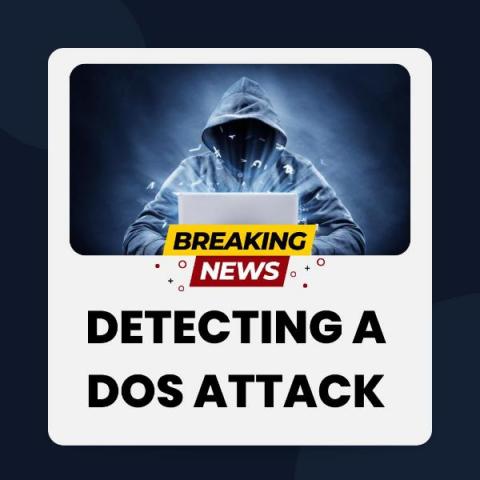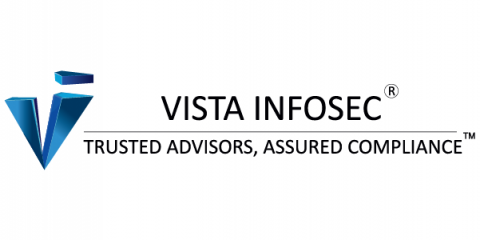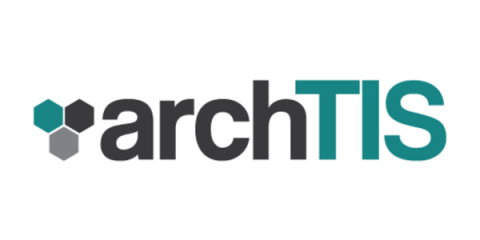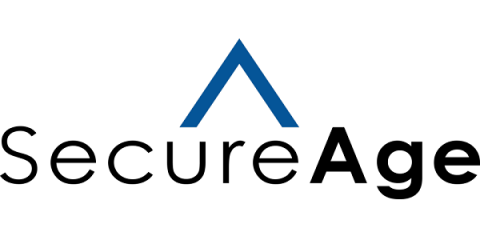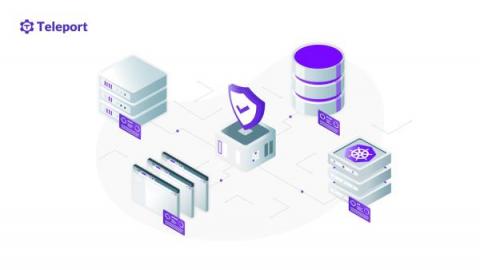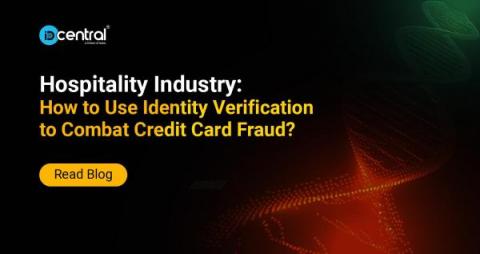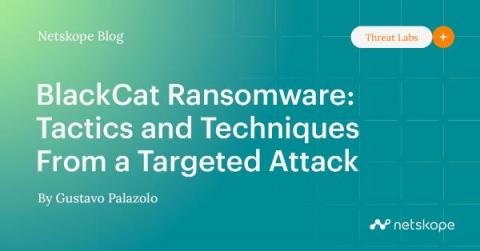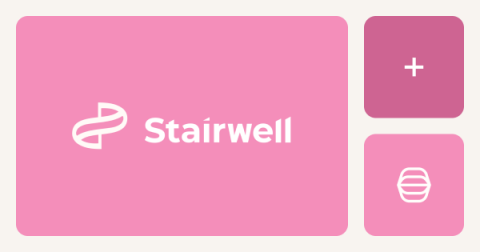Security | Threat Detection | Cyberattacks | DevSecOps | Compliance
Latest News
The Advantages of Continuous Cybersecurity Monitoring
The advancement of digital technology benefits many individuals and businesses, making communication, collaboration, and processes faster and more accessible. However, the biggest risk of using digital technology has something to do with cybersecurity. Cyber-attacks, such as identity theft, ransomware, and malware, can be disruptive. For this reason, many individuals and companies install safety features in computer devices and software systems.
Encrypting SharePoint List Columns
The Ultimate Guide to Distributing Security Skills Across Your Business
As cyberattacks become more prolific, the spotlight is on the cybersecurity skills shortage impacting businesses around the world. Cybersecurity staff are leaving the industry in droves, due to high stress levels and unrealistic expectations about cyberattack prevention. As a result, the cybersecurity strategy in many businesses must shift. Security should no longer fall just within the remit of select team members. Instead, everyone in the business must be responsible for keeping systems secure.
A Detailed Guide on How to Get a Code Signing Certificate
So you are going ahead to get that important and mandatory trust authentication: a Code Signing Certificate. The one that is needed to sign a software package or application to avoid any kind of pesky warning notifications that scare the end-users. Great! If you are here, you might already know the significance of using a reliable and trustworthy code signing certificate.
Here's how to protect your endpoint from 7 common types of malware
Every software we use consists of instructions in the form of computer codes that dictate how computers behave or perform certain tasks. But not all software is designed to make our lives easier. Malware, a portmanteau of the words malicious and software, is specifically designed to help hackers gain access to, steal information from, or damage a computer. Oftentimes, all this happens without the knowledge of the computer user themselves. Until it’s too late, that is.
What's New in Teleport 11
It’s the news everyone’s been waiting for: Teleport’s version 11 release! This release is packed with features from SFTP support all the way to GitHub Actions Machine ID compatibility. Let’s dive in!
Hospitality Industry: How to use Identity Verification to combat Credit Card Fraud?
Historically, the hospitality industry in India did not devote considerable resources to fraud prevention, but this is changing. The scope of fraud in the hospitality industry is becoming more popular, and the Indian hospitality sector must implement tactics and technologies to mitigate these risks.
BlackCat Ransomware: Tactics and Techniques From a Targeted Attack
BlackCat (a.k.a. ALPHV and Noberus) is a Ransomware-as-a-Service (RaaS) group that emerged in November 2021, making headlines for being a sophisticated ransomware written in Rust. It has both Windows and Linux variants and the payload can be customized to adapt to the attacker’s needs. BlackCat is also believed to be the successor of the Darkside and BlackMatter ransomware groups.
Automated research-grade file analysis with Stairwell Inception and Tines
Security teams must defend their organizations against both known and unknown threats. With attackers continually targeting existing security tooling, being able to unlock automated research-grade insights across your data allows you to identify threats and their variants that may have evaded detection elsewhere in your technology stack.


